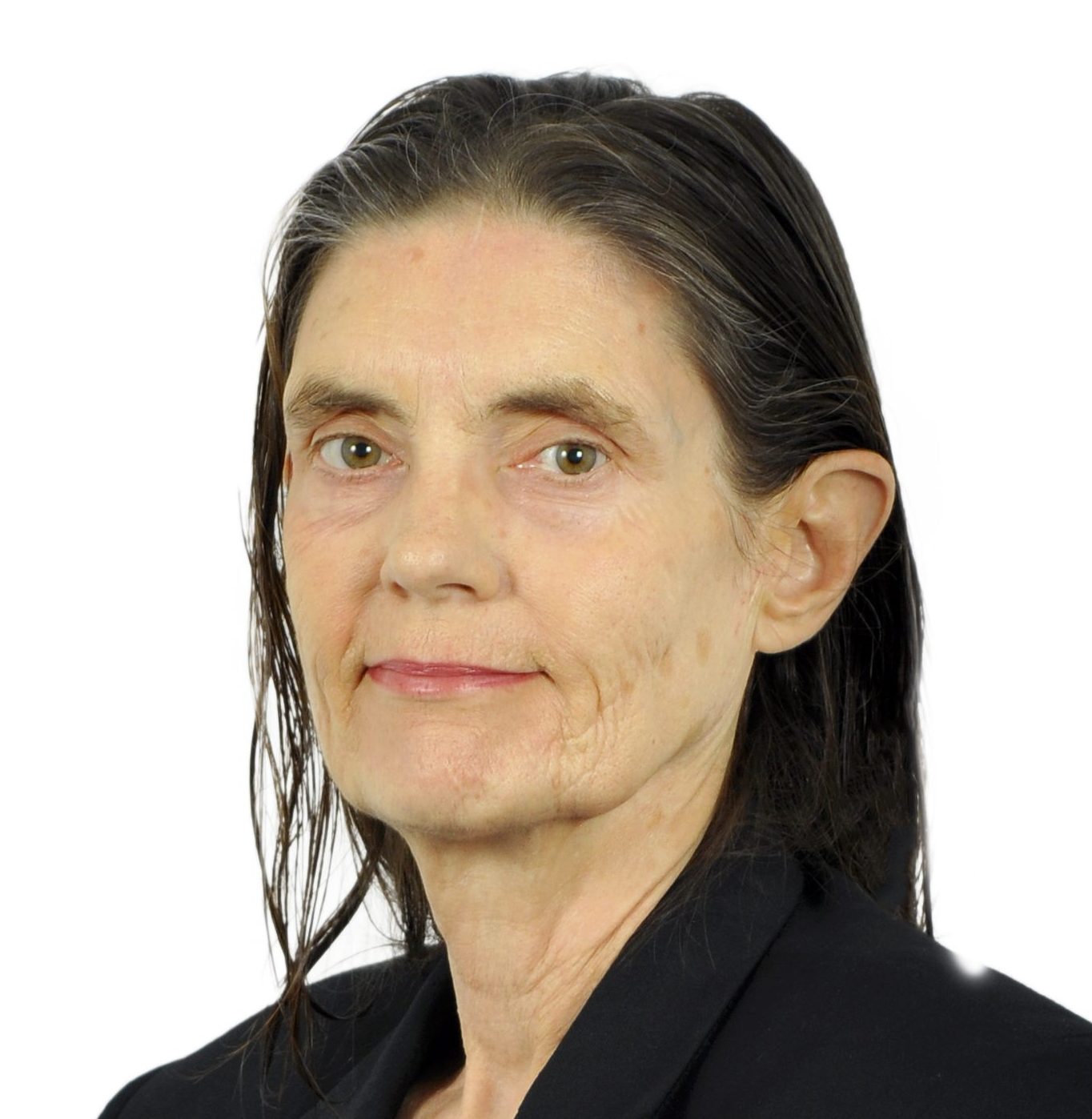Featured Topics
Featured Products
Events
S&P Global Offerings
Featured Topics
Featured Products
Events
S&P Global Offerings
Featured Topics
Featured Products
Events
S&P Global Offerings
Featured Topics
Featured Products
Events
Our Methodology
Methodology & Participation
Reference Tools
S&P Global
S&P Global Offerings
S&P Global
Our Methodology
Methodology & Participation
Reference Tools
S&P Global
S&P Global Offerings
S&P Global
27 Sep 2021 | 11:53 UTC
Highlights
Wants to buy hydrogen and trade it
Middle East seen as net exporter
Negotiating with Oman for green ammonia
German energy company Uniper is in talks with more Middle East hydrogen producers to acquire supply for the European market as part of plans to supply customers with decarbonized hydrogen and to turn its European operations carbon neutral by 2035, company officials said.
Uniper wants to use its natural gas and LNG shipping as well as storage network in Europe to support its hydrogen ambitions, with plans to increase its hydrogen production capacity to 1 GW in Europe by 2030 from about 4 MW -- all in Germany -- currently, Axel Wietfeld, CEO of Uniper Hydrogen, told reporters in a Dubai roundtable Sept. 22.
In July, the company said it was negotiating with Oman for an exclusive offtake agreement for green ammonia.
"Our talks in this region are more for the supply and trading side," Wietfeld said. "Our primary target is not to invest and operate assets in the region, we would mainly be an offtaker to buy hydrogen and then trade it."
Uniper looks at hydrogen as one solution to make its European assets carbon neutral by 2035. With current generating capacity at 35 GW in Europe and Russia, 20% of it is now renewables including nuclear and hydropower. The company is phasing out coal for its generating capacity, and investing in more renewables.
"Hydrogen demand will double, potentially even triple in the next two decades and consequently the production will not be sufficient in Europe," he said. Uniper expects that Europe will have to import approximately 50% of its hydrogen needs in the next few years, with Germany as high as 75%, Wietfeld said.
Uniper expects it will be able to use its vast natural gas storage capacity of 8 Bcm in Europe to store hydrogen.
In July, Uniper said it would join Oman's Hyport Duqm renewable hydrogen project to provide engineering services and negotiate an exclusive offtake agreement for green ammonia from the facility.
In the first phase, Hyport Duqm will develop a 250-500 MW renewable hydrogen plant in the Special Economic Zone at Duqm, due to start operations in 2026, with conversion facilities to produce ammonia for export.
The plant will be powered by up to 1.3 GW of solar and wind, and will be connected to the Port of Duqm's export terminal and storage facilities.
"Clearly the Middle East with its abundant resources in terms of oil and natural gas and also the perfect location for renewables, particularly solar, is perfectly positioned to produce both green and also blue hydrogen," said Niek den Hollander, Uniper's chief commercial officer.
"With those perfect resources we believe that the Middle East will be a net exporter of hydrogen. There are other regions on this planet which need additional hydrogen because they have not got the resources to produce it themselves. Consequently, I believe the Middle East will step in to fill that gap, make a business out of it and supply hydrogen to the world, and that includes Europe."
Uniper is targeting having a 'meaningful' trader position in hydrogen that could take five or 10 years to develop into a liquid market, den Hollander said. "We need technological advances" to grow the hydrogen industry, he said.
Green and blue hydrogen is still "far more expensive" than traditional gray hydrogen, and more production volume is needed to lower costs, den Hollander said.
Germany has a subsidy mechanism that could benefit Middle East sales if offering prices are competitive with other suppliers such as Australia and Chile, he said.
Uniper expects to transport hydrogen assets to Europe by ship taking advantage of its LNG network, which has exported 310 LNG cargoes so far this year from Europe with 75% of them sent to Asia.
